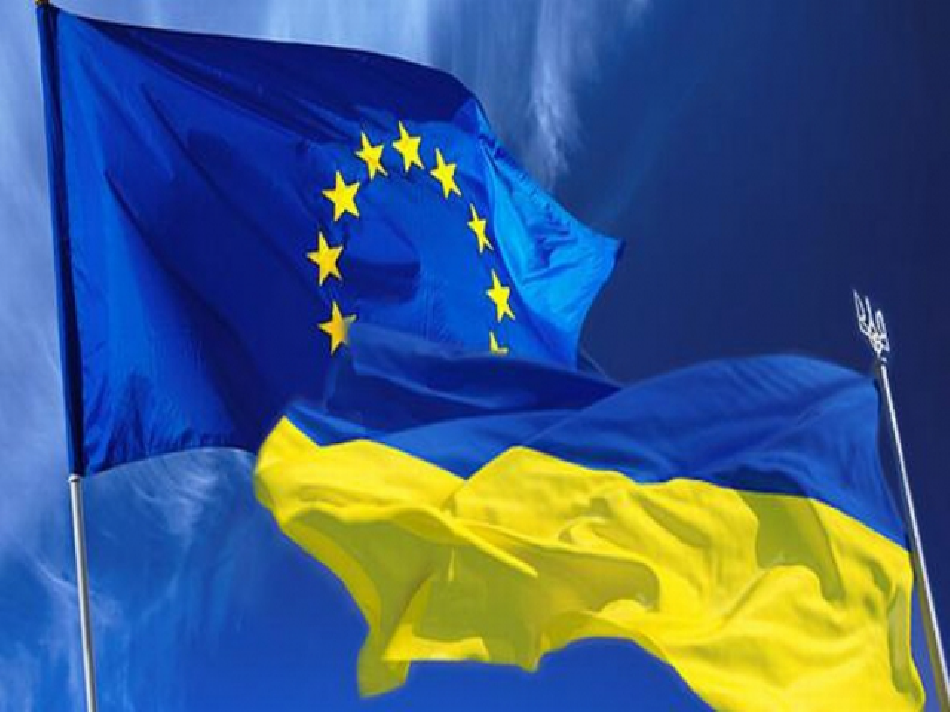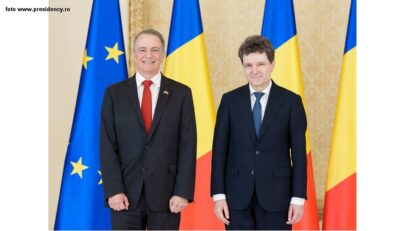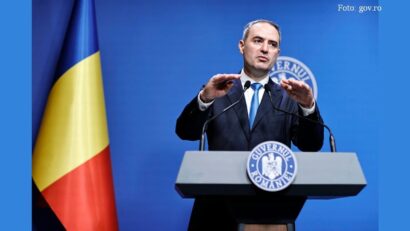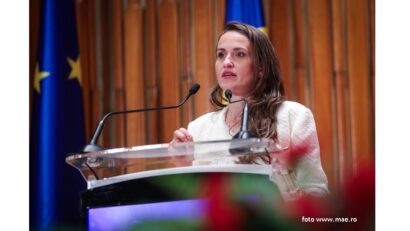Ukraine goes East, Moldova goes West
Just as it was about to sign its association and free trade agreements with the European Union, Ukraine has suspended EU accession talks.

Valentin Țigău, 22.11.2013, 13:40
Ukraine has suspended its EU accession process after the Parliament in Kiev dismissed European requests for legislation that would allow former Prime Minister Yulia Tymoshenko to be released from prison and receive medical treatment abroad. The incumbent Ukrainian Prime Minister explained the decision was needed to normalise relations with Russia and prepare markets for relationship with Europe.
Russia had been putting political and economic pressure on Ukraine and the Republic of Moldova ahead of the summit in Vilnius on November 28th and 29th, when the two states were to sign their free trade and association agreements with the European Union. Accused of treason by the opposition and threatened with impeachment, Ukraine’s president Viktor Yanukovych said Ukraine would carry on its European efforts and attend the summit in Vilnius.
Brussels was disappointed with the news that Ukraine suspended negotiations. The head of the European diplomacy Catherine Ashton believes the agreements would have strengthened Ukrainians’ freedom and prosperity and would have sent a clear, positive signal to investors and international financial institutions. Russia, which sees Ukraine’s pro-European efforts as a loss of its own influence in the region, made no comments on Kiev’s move, but welcomed its decision to resume bilateral trade.
Meanwhile, political observers agree that the Republic of Moldova, the other country invited to Vilnius, will meet the Europeans’ expectations and sign the association documents. EU accession is vital to Moldova, after the Union proved its support for this country’s territorial integrity and sovereignty and for a political solution to the Transdniester crisis.
Romania, an EU member state and a neighbour of both Ukraine and Moldova, has expressed regret for Kiev’s decision. Foreign Minister Titus Corlatean said on Thursday that the association process must still go ahead, because this is what the majority of Ukrainians want. Ukraine’s and Moldova’s EU association would place Russia’s relations with the EU in a new light and would ensure more stability on the Union’s eastern borders.






























